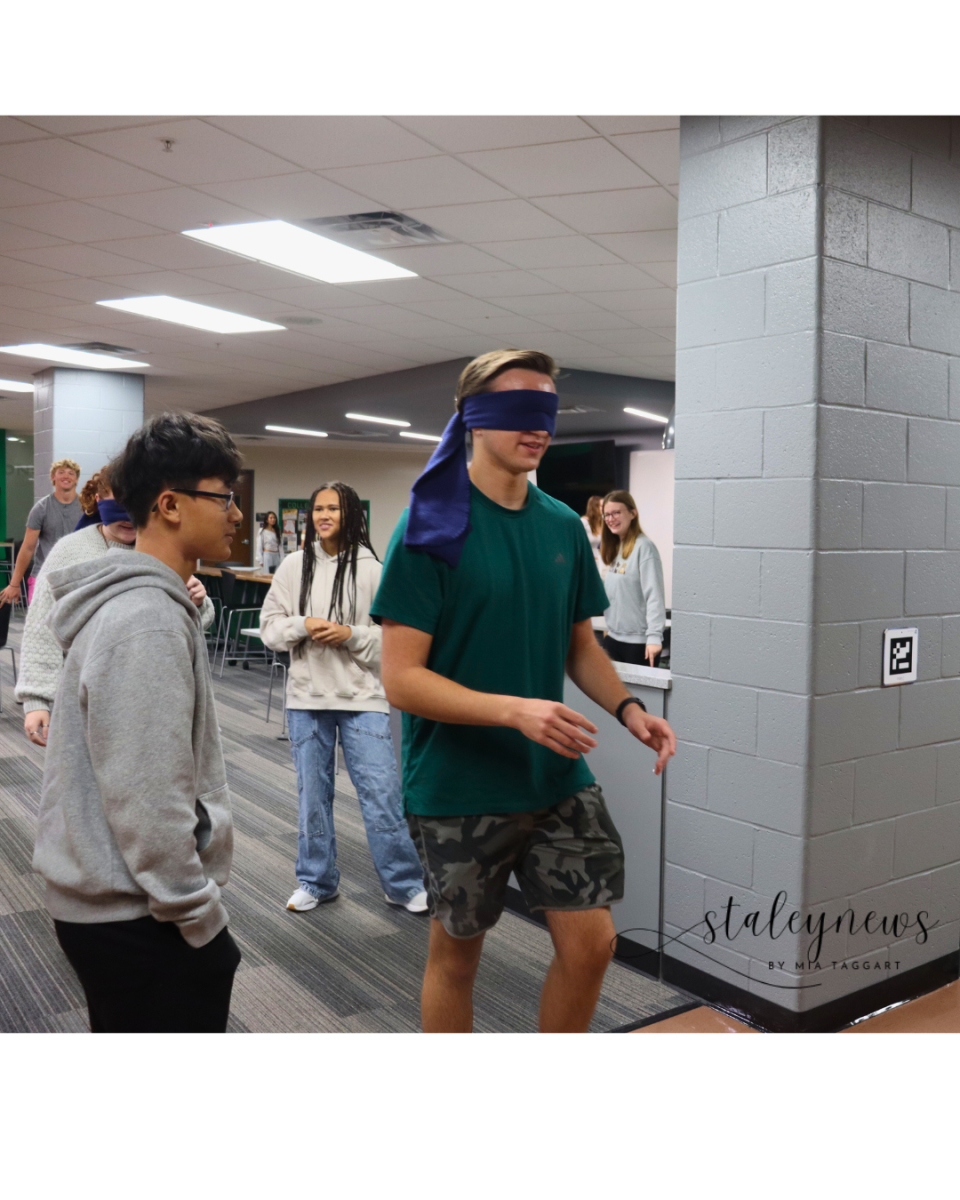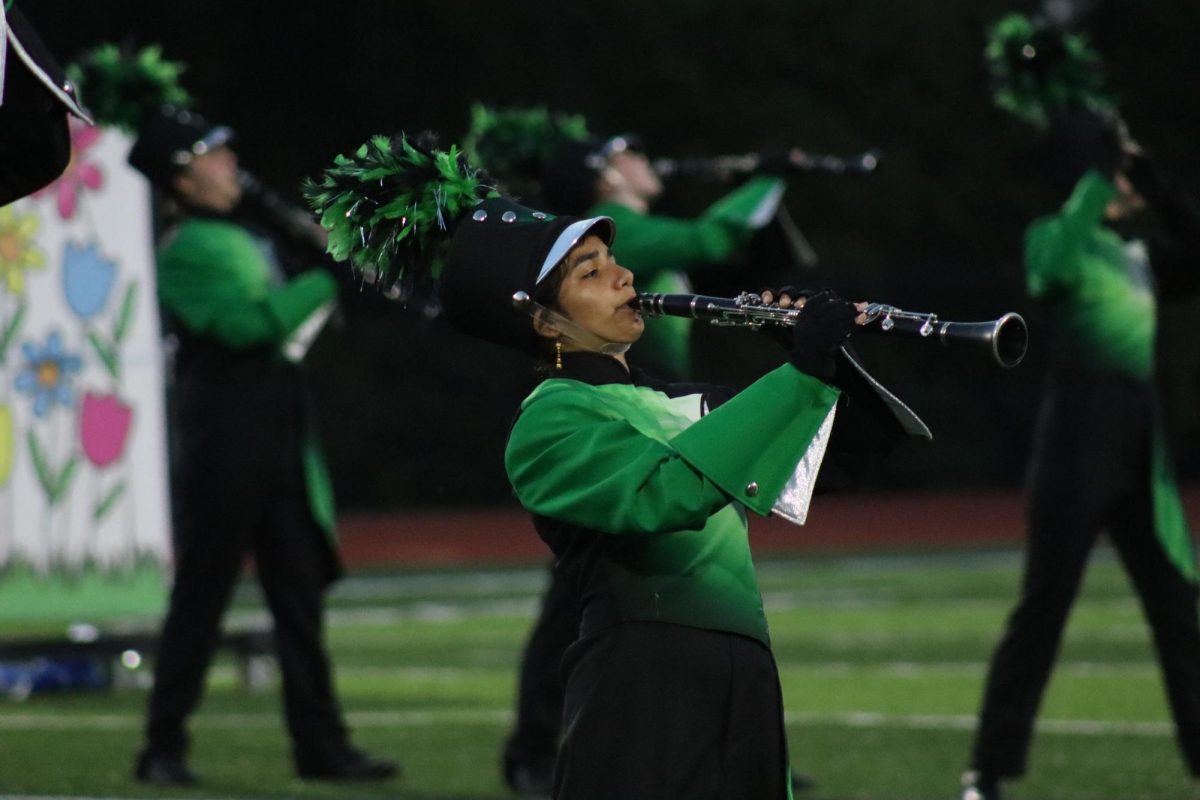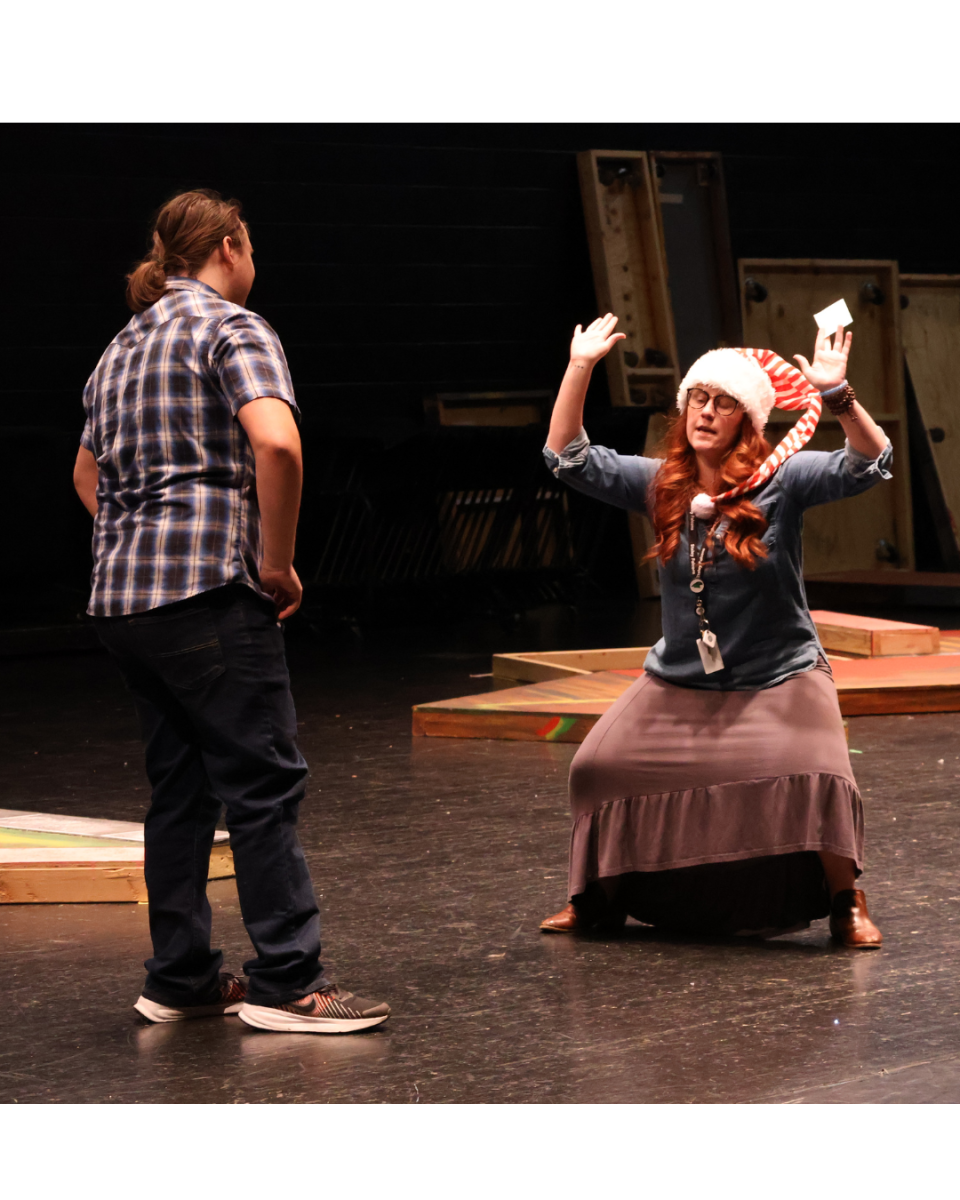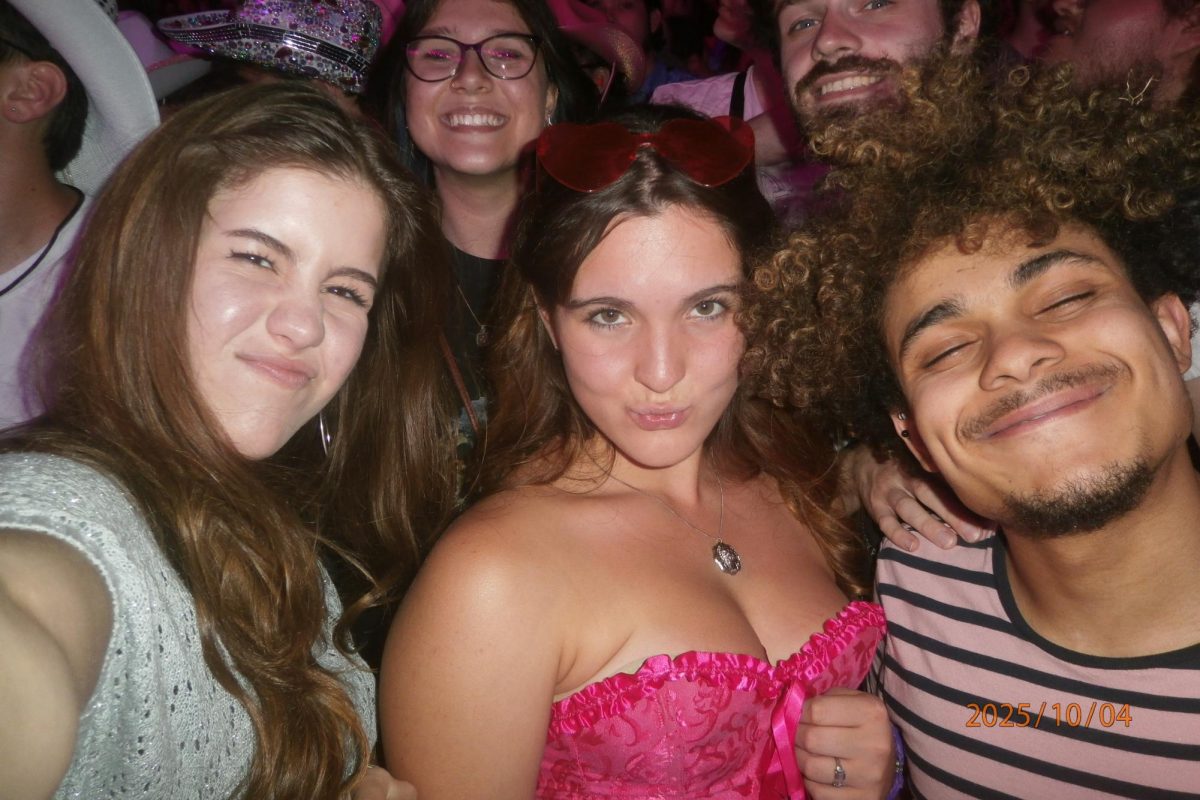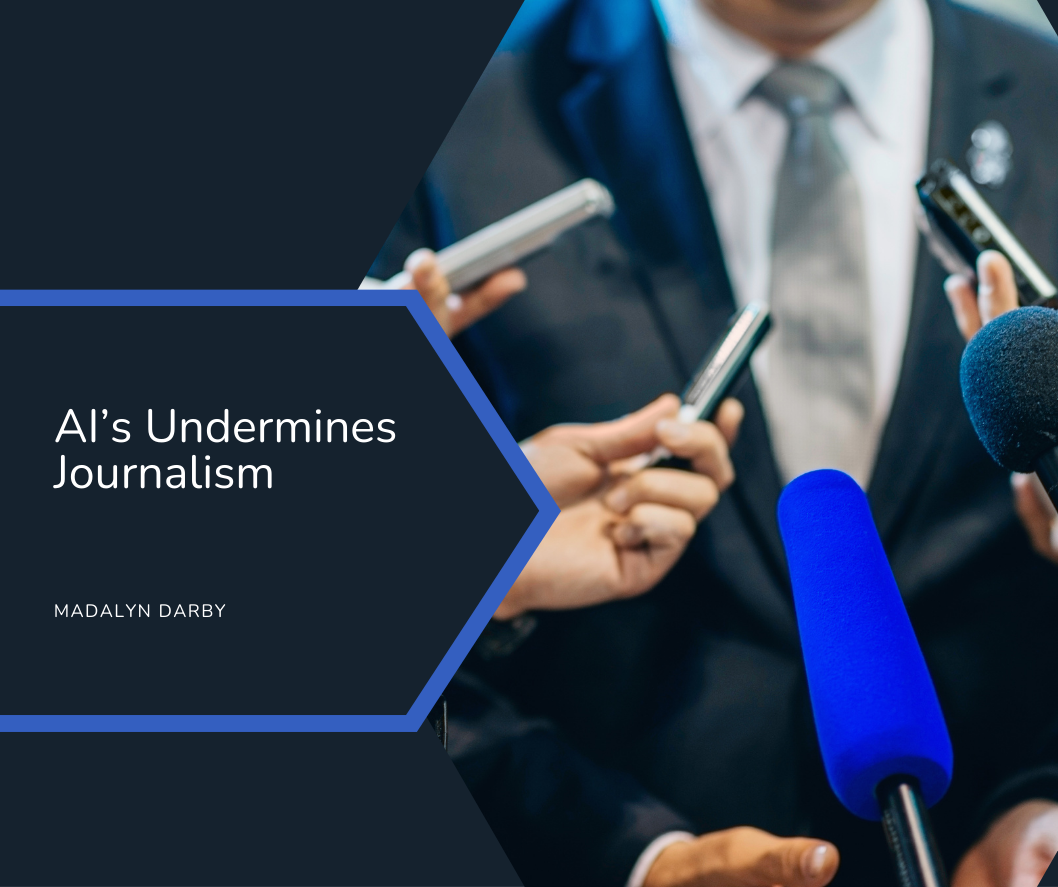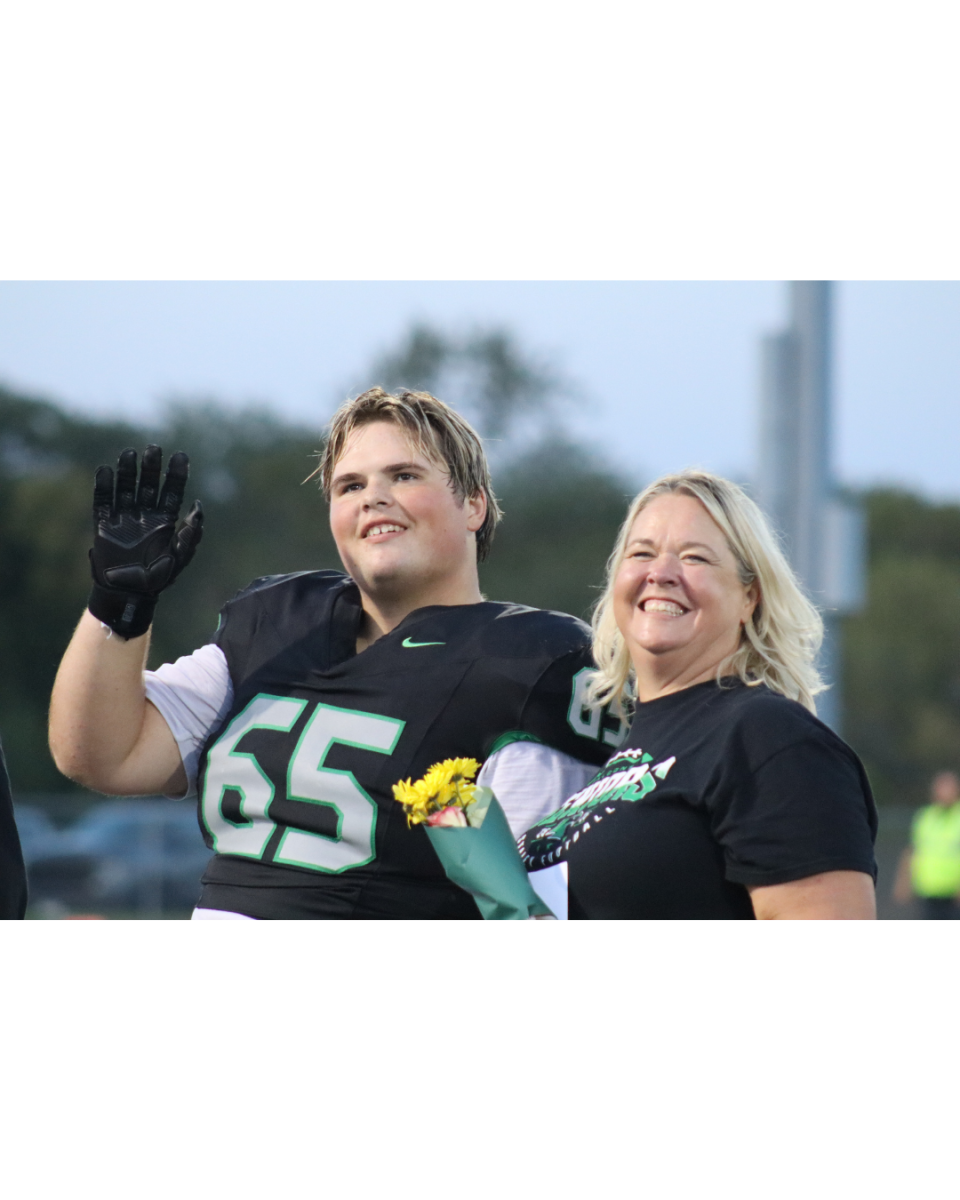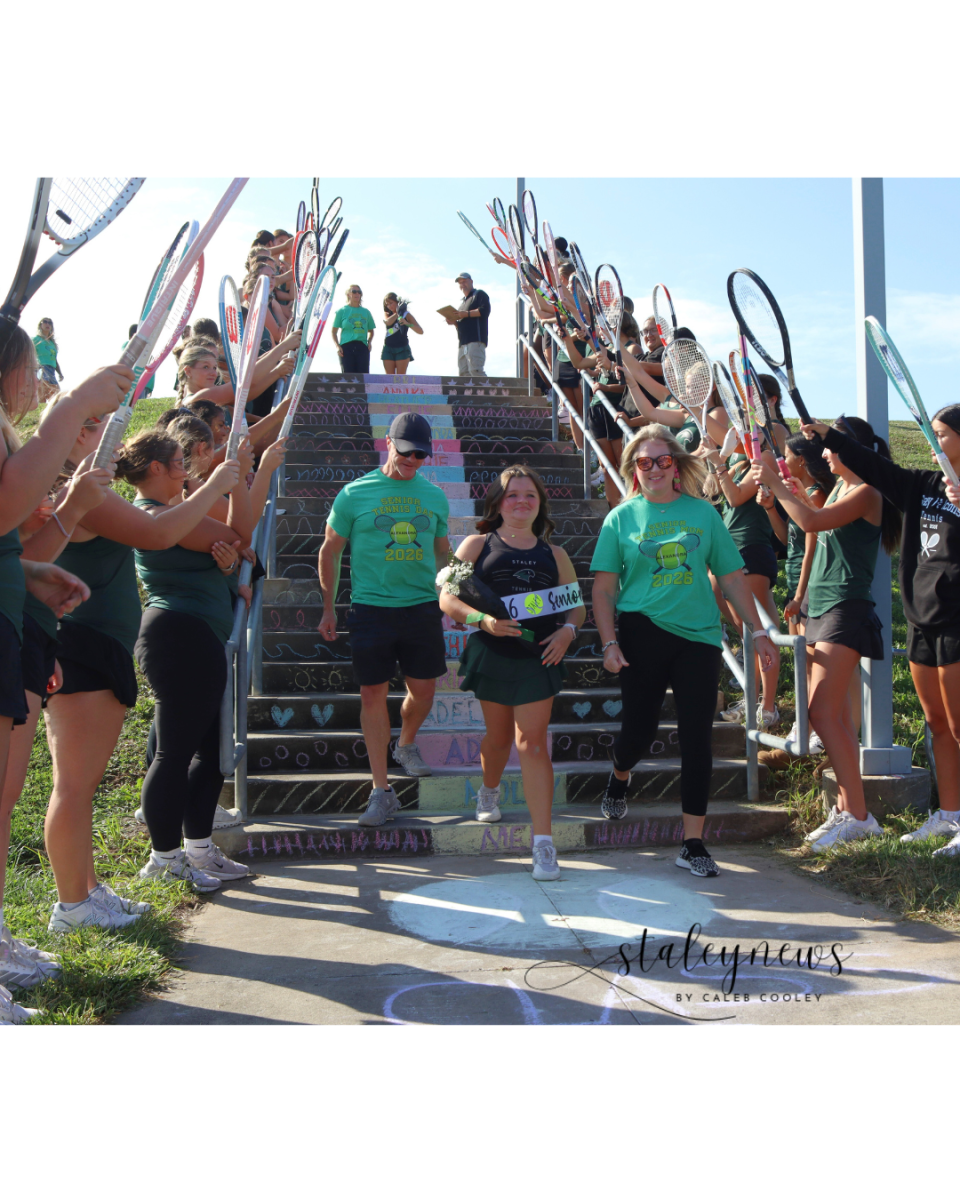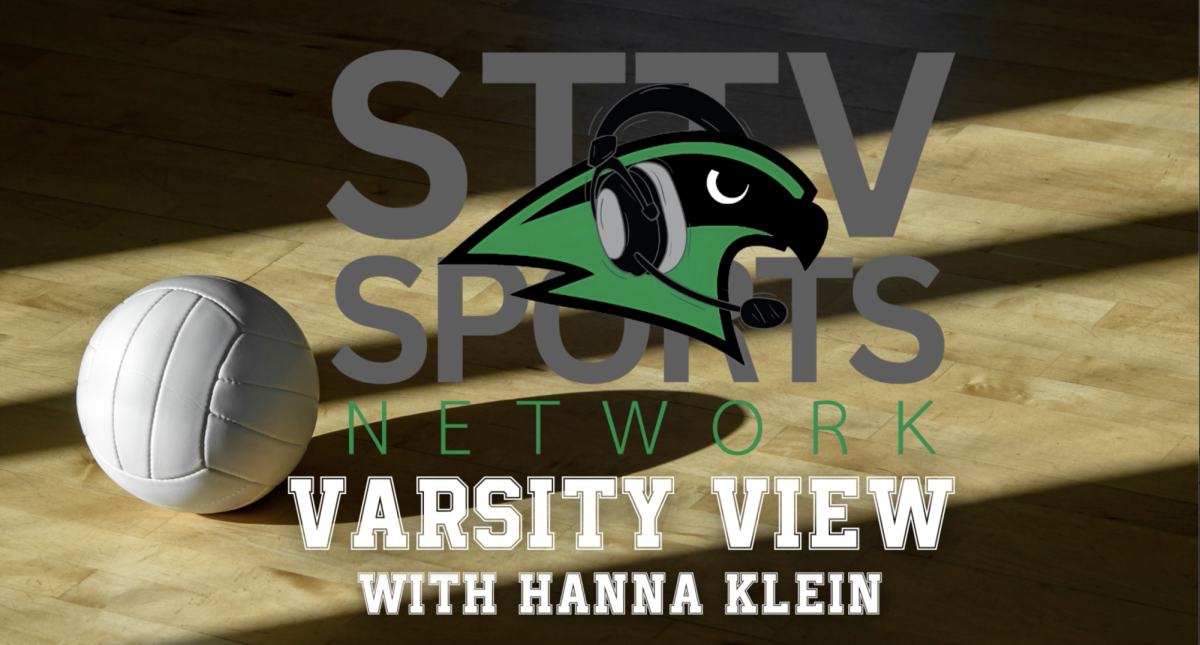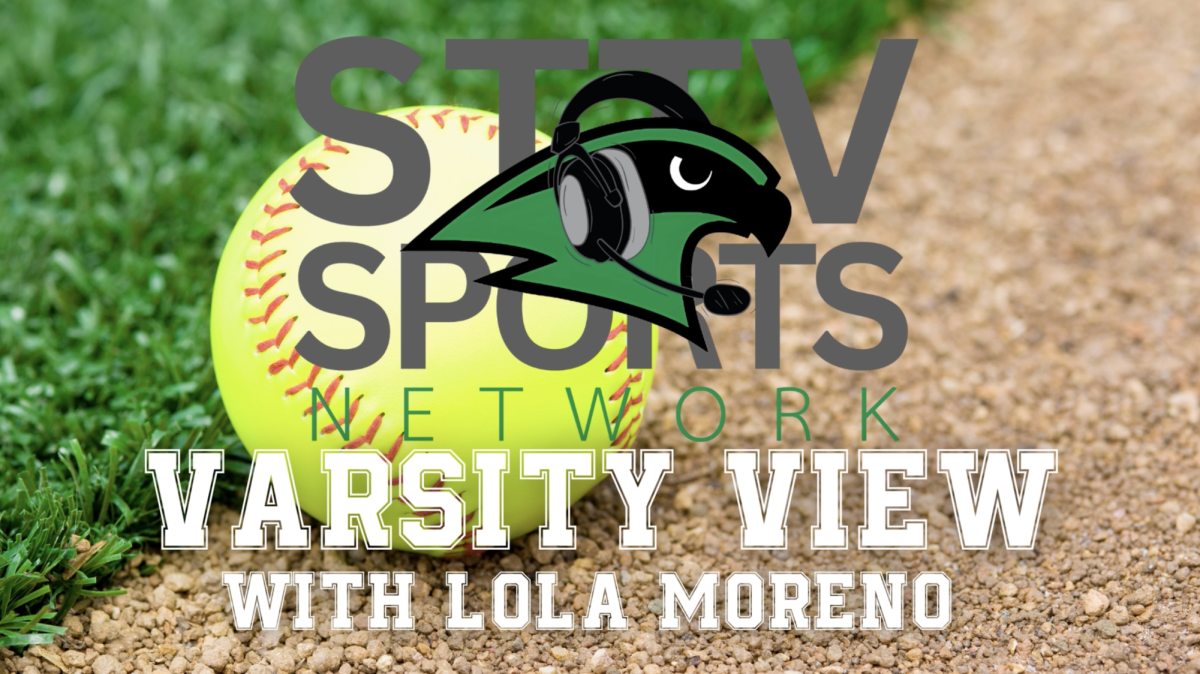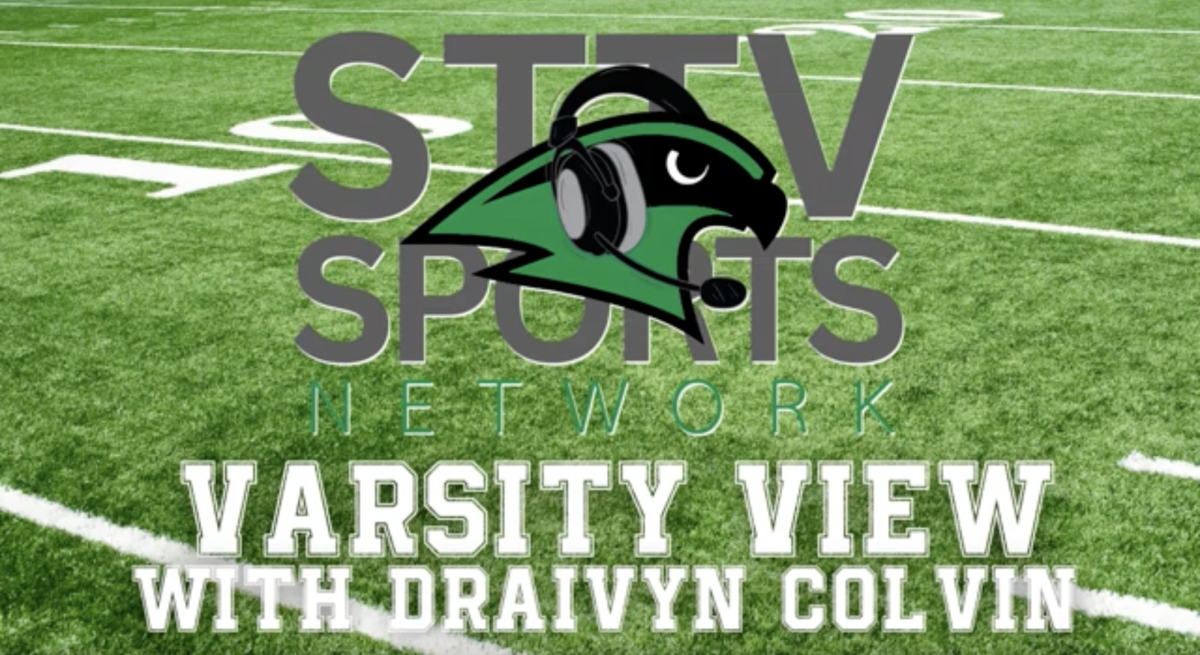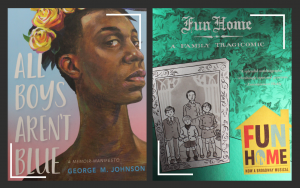Staff Editorial: Book Removal Violates First Amendment Rights
District Removes Two Books, Reverses Decision
December 15, 2021
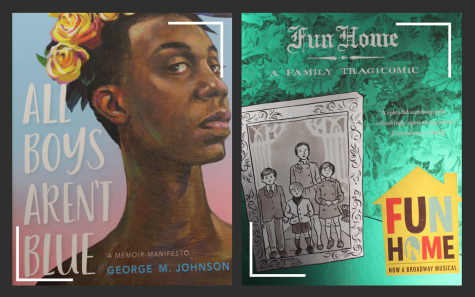
Book banning has become a problem in the North Kansas City School District as well as in schools across the United States. Parent groups are pressuring school boards to ban books discussing sexuality, gender and race, claiming they contain explicit content and are corrupting students’ morals. In some cases school boards have been siding with parents and removing these books from their libraries.
While parents might think this solves the issue of students being introduced to something they view as graphic content or immoral, it creates another issue entirely: violating the students’ First Amendment rights.
Books are an outlet for students to learn about diverse topics and discover themselves through reading, but with certain topics being banned, students might not feel seen or represented by the books in school libraries. The North Kansas City school district removed two LGBTQ+ books from high school libraries before reversing the decision and replacing them.
Book banning withholds important information from students, a form of censorship, which violates the First Amendment. Some students find it hard to ask questions about different topics and might rely on books to answer them or to read about the experiences of people they relate to.
Furthermore, book banning limits students’ freedom to make their own choices. Parents can often pressure their kids into having the same beliefs and morals that they do, which can make it difficult for teenagers to think for themselves and find their own voice. High schoolers should be able to decide for themselves which topics they want to read about.
Parents claim these books contain graphic content that they don’t want portrayed in schools. While they are entitled to their own opinion, it’s not only their opinion that matters. Some teens and parents might interpret these books differently because these specific scenes are not the main point of the book.
The two books from school NKCSD libraries were “All Boys Aren’t Blue” by George M. Johnson, and “Fun Home” by Alison Bechdel. Both books contain LGBTQ+ sexual content. The district banned these books because of the content and graphic wording by complaints of parents.
A common theme with these books is that most depict lifestyles of the LGBTQ+ community and are written by black authors. But there are books in school libraries that have heterosexual graphic content as well, that are not being reported by parents. Therefore, is it really the explicitness of the text? Or is it parents’ opinion of the LGBTQ+ community? Banning these books is discriminatory to the LGBTQ+ community.
Book banning is disguised as protecting students but often is actually sheltering students while promoting parents’ beliefs. But just because a book is banned at school doesn’t mean students won’t find a way to read it. Banned books actually intrigue students to figure out why they were banned, which is counterintuitive to these parents’ efforts.
It’s important for students to feel represented at school, and banning books focusing on LGBTQ+, gender identity, and racial inequality is doing the complete opposite.
NKC schools have placed the books back on school shelves, but that’s not the case for other districts. Instead of trying to ban controversial topics, schools should focus on creating a comfortable space to have conversations, not promote exclusion of certain groups. This starts with keeping the books in circulation at school libraries.

